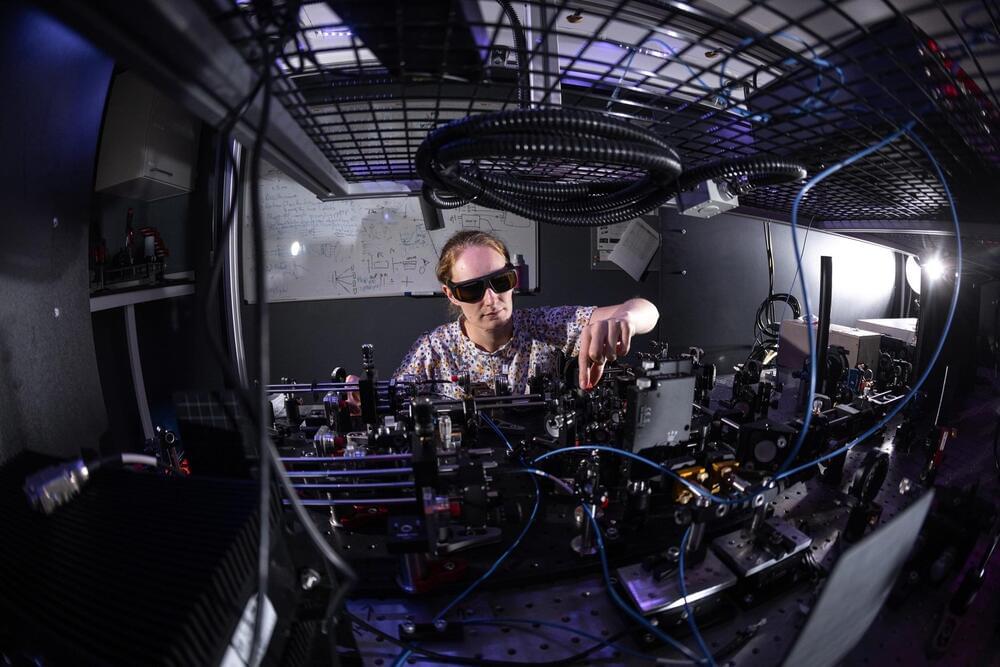Cyber attackers are experimenting with their latest ransomware on businesses in Africa, Asia, and South America before targeting richer countries that have more sophisticated security methods.
Hackers have adopted a “strategy” of infiltrating systems in the developing world before moving to higher-value targets such as in North America and Europe, according to a report published on Wednesday by cyber security firm Performanta.
“Adversaries are using developing countries as a platform where they can test their malicious programs before the more resourceful countries are targeted,” the company told Banking Risk and Regulation, a service from FT Specialist.









